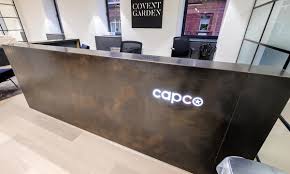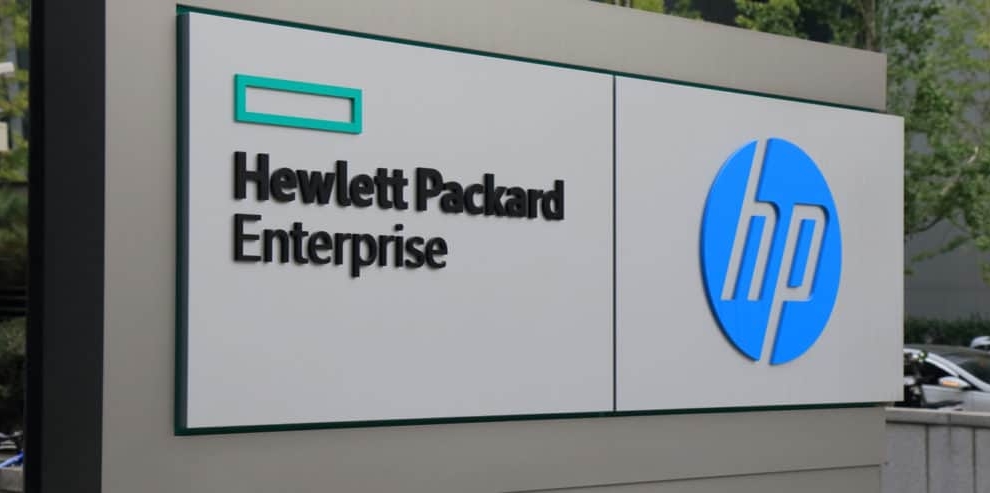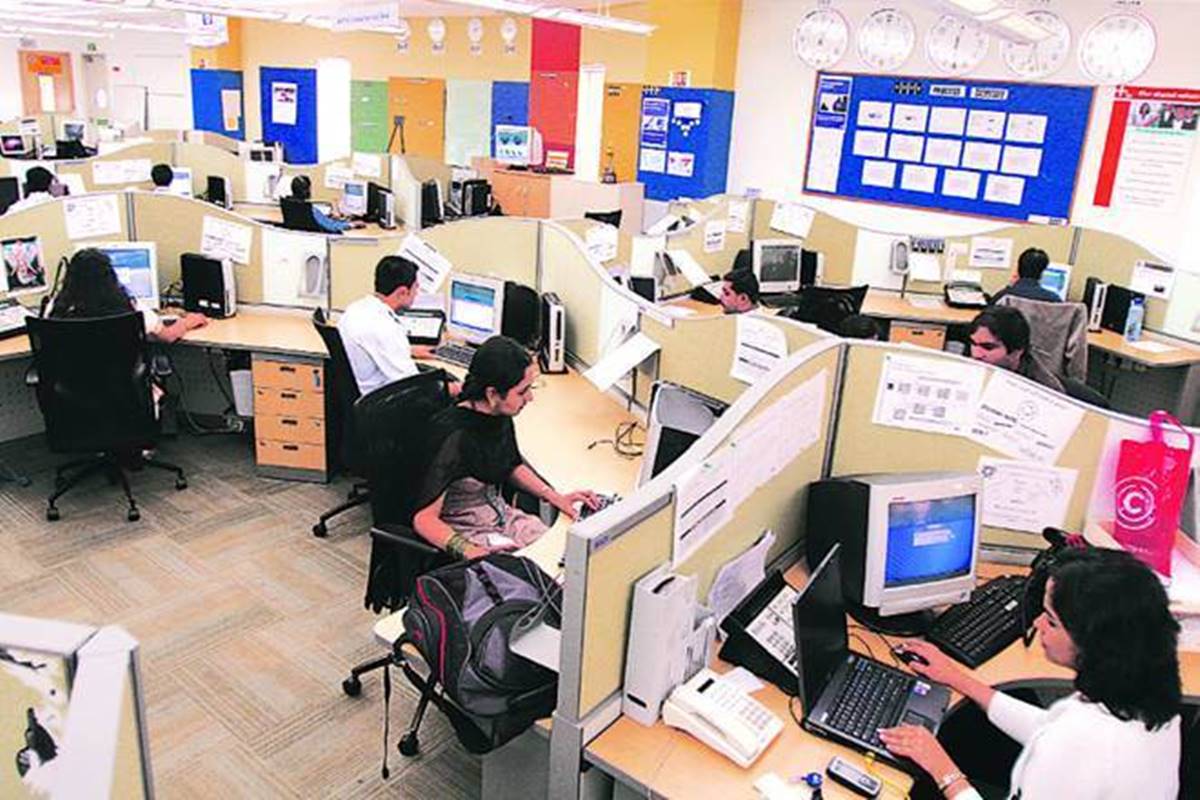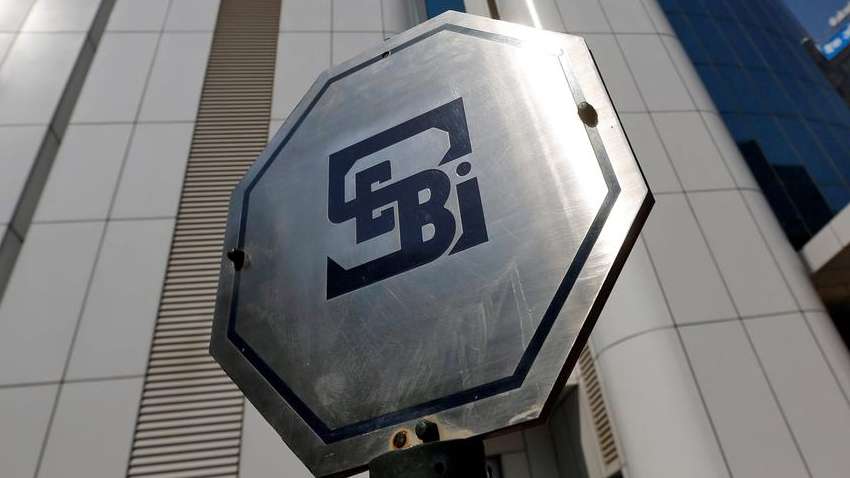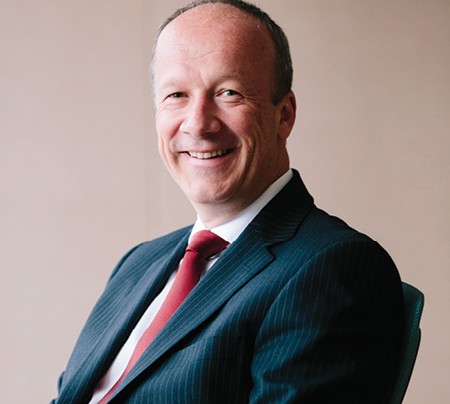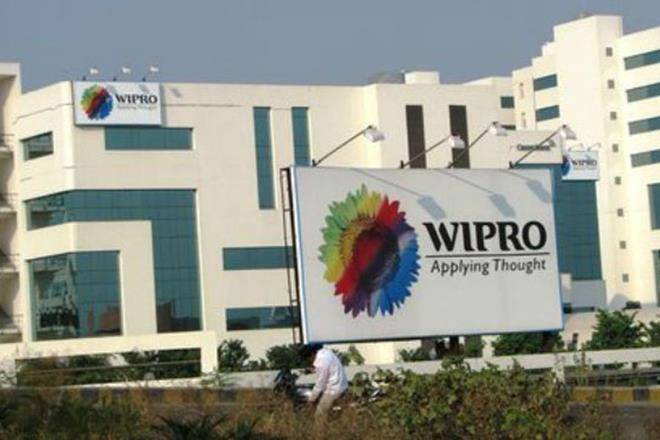News
Wipro fired 300 staff found working with rivals at same time: Rishad Premji
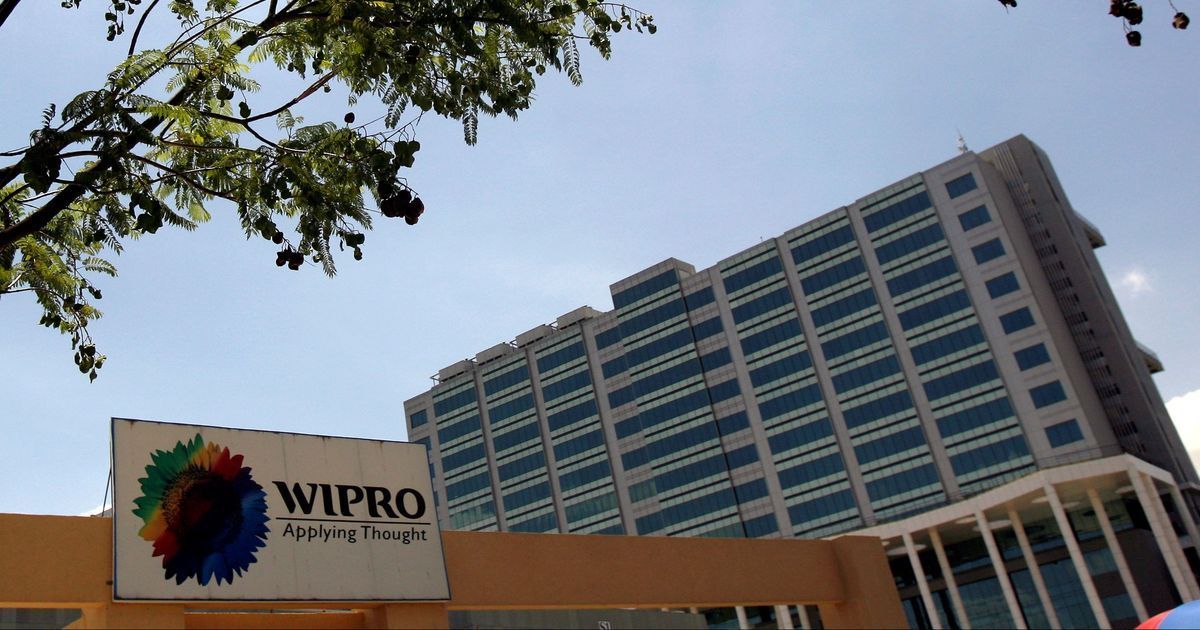
NEW DELHI: Wipro Chairman Rishad Premji on Wednesday said that 300 people who worked with the company were also found to be working for one of its competitors at the same time, as he firmly stood his ground that moonlighting is “complete violation of integrity in its deepest form”.
Speaking at an AIMA event, Premji who has been a vocal critic of moonlighting (the practice of techies taking up side gigs to work more than one job at a time) made it clear that the company had no place for such employees, who even while working with Wipro chose to directly work for rivals, simultaneously.
The Wipro top boss later said that in those specific instances of violation, action had been taken by terminating their services.
“The reality is that there are people today working for Wipro and working directly for one of our competitors and we have actually discovered 300 people in the last few months who are doing exactly that,” Premji said terming it a “complete violation of integrity in its deepest form”.
The issue of ‘moonlighting’ has emerged as a big talking point in the IT industry ever since Premji flagged the issue in a tweet equating it to “cheating”. Premji had taken to Twitter recently to highlight the issue saying: “There is a lot of chatter about people moonlighting in the tech industry. This is cheating – plain and simple.” Premji’s tweet had evoked strong response within the industry, with many IT companies raising their guard on such practices. Infosys, last week, shot off a missive to its employees, emphasising that dual employment or ‘moonlighting’ is not permitted, and warned that any violation of contract clauses will trigger disciplinary action “which could even lead to termination of employment”.
“No two timing – no moonlighting!” Infosys, India’s second largest IT services company, had said in a strong and firm message to employees last week.
Infosys’ internal communication titled “no double lives” had made it clear that “dual employment is not permitted as per…Employee Handbook and Code of Conduct”.
It also cited the relevant clause in the offer letter to drive home the point.
“Any violation of these clauses will lead to disciplinary action which could even lead to termination of employment,” Infosys’ mail had said.
IBM India too joined chorus on moonlighting, terming it an unethical practice.
IBM’s managing director for India and South Asia Sandip Patel had reasoned that at the time of joining, the company’s employees sign an agreement saying they will be working only for IBM. “…notwithstanding what people can do in the rest of their time, it is not ethically right to do that (moonlighting),” Patel had said.
Not everyone agreed, though.
Tech Mahindra CEO CP Gurnani tweeted recently that it is necessary to keep changing with the times and added, “I welcome disruption in the ways we work”.
On Wednesday, Premji while speaking at AIMA’s (All India Management Association) National Management Convention, sought to clear the air around why he took a strong position on the moonlighting issue saying his opinion was “meant more sincerely that people interpreted it to be”.
Premji said that he stands by his recent comments on moonlighting being a complete violation of integrity “in its deepest form”, and cited instance where 300 employees were found to be working simultaneously for Wipro and its competitors.
Asked about the action taken against employees who were working simultaneously for the company as well as for rivals, Premji, on the sidelines of the event later said, that their employment had been terminated for “act of integrity violation”.
The definition of moonlighting itself is about having another job secretively. As part of transparency, individuals can have candid and open conversations around, say, playing in a band or working “on a project over the weekend”, he explained.
“That is an open conversation which the organisation and the individual can make a concerted choice about, whether that works for them or doesn’t work for them as an organisation,” he said.
Premji sought to differentiate such cases from those where employees secretly also worked for competitors, and said: “there is no space for someone to work for Wipro and competitor XYZ and they would feel exactly the same way if they were to discover the same situation.” “That is what I meant…so I do stand by what I said…I do think it is violation of integrity if you are moonlighting in that shape and form,” Premji said.
With the vexed issue now in the spotlight, some industry watchers have been cautioning that employers may consider extra safeguards to protect proprietary information and operating models, especially where employees are working remotely. Companies, analysts have said, could also turn tougher on exclusivity clauses in employment contracts.
Source: Press Trust of India
News
Mobile tariff hike:Congress blames NDA government for Rs 34,824 crore burden on public

NEW DELHI: Hitting out at the NDA-led Narendra Modi government over three private firms increasing mobile service tariffs, the Congress on Friday accused it of “fleecing” 109 crore cell phone users and asked how can the firms be permitted to unilaterally increase rates without any oversight and regulation.
Congress general secretary Randeep Surjewala said it may be Modi 3.0 but the thriving of “crony capitalism” continues.
The Narendra Modi government is fleecing 109 crore cell phone users by sanctioning profiteering by private cell companies, he said at a press conference at the AICC headquarters here.
“Effective July 3, the three private cell phone companies, i.e. Reliance Jio, Bharti Airtel and Vodafone Idea, have increased their tariffs by an average of 15 per cent. The three private cell phone companies have a market share of 91.6 per cent, or 109 crore cell phone users out of a total of 119 crore cell phone users as on December 31, 2023,” Surjewala said.
The total additional yearly payment from the pockets of the common man and woman of India seeking connectivity is Rs 34,824 crore, he said, citing TRAI.
Cell phone market in India is an ‘oligopoly’ – Reliance Jio (48 crore cell phone users), Airtel (39 crore cell phone users), Vodafone Idea (22.37 crore cell phone users), Surjewala said.
Out of these, Jio and Airtel have a customer base of 87 crore making them a virtual duopoly, he said.
Effective July 3, 2024, Reliance Jio has increased its cell phone user’s charges from 12 per cent to 27 per cent and the average increase is 20 per cent, Surjewala said.
Effective July 3, 2024, Airtel has increased its cell phone user’s charges from 11 per cent to 21 per cent with the average increase being 15 per cent, he said.
Effective July 4, 2024, Vodafone Idea has increased its cell phone user’s charges from 10 per cent to 24 per cent with the average increase being 16 per cent, Surjewala said.
“Two things stand out ‘ Firstly, the date of announcement of increase of tariffs, appears to be clearly in consultation with each other by the three private cell phone companies. Secondly, the date of effective implementation of increased tariffs is the same,” he said.
Surjewala claimed that the additional per year burden of tariff increase is Rs. 34,824 crore for 109 crore cell phone users of these three private cell phone companies.
How can private cell phone companies be permitted to unilaterally increase cell phone tariffs by Rs 34,824 crore annually without any oversight and regulation by the Modi government, he asked.
Surjewala also asked why have the Modi government and Telecom Regulatory Authority of India (TRAI) abdicated their duty and responsibility towards 109 cell phone users.
“Wasn’t the increase in cell phone prices withheld till the conclusion of the Parliament elections as the Modi government would have been questioned on the justification for burdening 109 crore cell phone users and fleecing them of an extra Rs 34,824 crore?” Surjewala said.
Did the Modi government or TRAI conduct any study on need of CAPEX or impact on profitability by purchase of spectrum through auction after taking into account the previous set of concessions on AGR payable under Telecom Policy, 1999 or deferring of “Spectrum Auction Installments” by Modi 2.0 on November 20, 2019 or other related factors, he asked.
“How can all Private Cellphone Companies increase their average tariffs by the same range of 15per cent-16per cent, despite the fact that their profitability, investment and CAPEX requirements are completely different? Why is the Modi government is then turning a blind eye to the same?” Surjewala said.
“Isn’t it correct that the Supreme Court of India, in “Delhi Science Forum versus Union of India” clearly stated that ‘the central government and the Telecom Regulatory Authority have not to behave like sleeping trustees, but have to function as active trustees for the public good’?” he said.
Surjewala asserted that the prime minister must answer to the people of India, including the 109 crore affected cell phone users.
Bharti Airtel last month announced a 10-21 per cent hike in prepaid and postpaid mobile tariffs from July 3, a day after larger rival Reliance Jio announced an increase in rates.
Later that day, loss-making telecom operator Vodafone Idea (Vi) also announced its plan to raise mobile tariffs by 11-24 per cent from July 4.
Source: Press Trust of India
News
Indian Tech Startups Surge Ahead with $4.1 Billion in Funding for H1 2024

NEW DELHI: Indian tech startups have secured an impressive total of $4.1 billion in funding during the first half of 2024, reflecting a 4% increase from the latter half of 2023, according to Tracxn’s latest report. Although this figure represents a notable decline from the $4.8 billion raised in H1 2023, India continues to hold its position as the fourth-highest funded country globally.
The United States remains the leader in overall funding volumes, followed closely by the UK and China. Tracxn’s India Tech Semi-Annual Funding Report H1 2024 offers insights into funding trends, sectoral performances, and major developments within the Indian technology sector for the specified period.
Notable increases were observed in seed-stage funding, which climbed to $455 million, marking a 6.5% rise from H2 2023 but a 17.3% decline from H1 2023. Late-stage funding also saw a modest increase of 3.8%, amounting to $2.4 billion. The period also witnessed eight significant funding rounds exceeding $100 million each, including Flipkart’s $350 million and Meesho’s $275 million rounds.
Source: Press Trust of India
5g
Ericsson has been ranked as the leader in the Frost Radar 5G Network Infrastructure Market 2024
For the fourth consecutive year, Ericsson has been ranked as the leader in the Frost
Radar™ 5G Network Infrastructure Market 2024 analysis, highlighting the impact of the
company’s strategy to meet the evolving needs of communications service providers (CSPs).
Maintaining top ranking in the Frost Radar™ report over the past years has shown that
Ericsson’s investments in R&D and across a wide product portfolio – which includes all areas
of 5G network infrastructure as well as previous generations of network infrastructure – is
valued in a market where technology is constantly evolving.
The report has also acknowledged Ericsson’s sustained focus on offering the latest and
lightest energy-saving products and solutions. It also touched on the company’s Open RAN
plans.
Fredrik Jejdling, Executive Vice President and Head of Networks at Ericsson, says: “The
latest Frost Radar report highlights our unwavering commitment to innovation and technology
leadership through the most competitive portfolio. In a challenging market, we remain
focused on our customers and move forward with even greater determination.”
Commenting on Ericsson’s top ranking, Troy Morley, Industry Principal, at Frost & Sullivan’s
Information & Communication Technology group, says: “Ericsson has done an excellent job
keeping its current customers and adding new customers, including significant replacement wins over competitors. Ericsson has a significant pipeline of customers that have yet to move
to 5G but will over the coming years.”

Ericsson currently powers *160 live 5G networks in 68 countries, which is the highest level
that Frost & Sullivan has seen publicly reported.
“Ericsson’s strategy continues to center on CSPs’ evolving needs in all areas of the world,”
Morley says. “However, with its 2020 acquisition of Cradlepoint, Ericsson also is expanding
its role with enterprise customers.”
The report has also discussed the importance of the open and virtual RAN movement and
the belief that eventually open and virtual RAN will be the norm. “Ericsson’s step into offering
Open RAN solutions in 2024 will help make this movement a reality,” Morley says. “The
company plans to offer O-RAN-compliant solutions in 2024; Frost & Sullivan believes this will
result in significant growth in open and virtual RAN revenue.”
Commenting further on the report, Morley says: “Energy efficiency has been a buzzword for
a few years and Ericsson continues to tout solutions that are smaller and lighter and that
save energy, answering its customers’ needs. This will continue with its traditional RAN
solutions and accelerate with its new Open RAN offerings.”
The Frost Radar report measures growth rates in addition to absolute revenue and combines
them with several other factors to measure companies’ performance along the Growth Index.
The report also measures innovation for each company by assessing its product portfolio, the
scalability of its innovations, the efficacy of its R&D strategy, and several other factors.
The latest report from business consulting firm Frost & Sullivan reaffirms Ericsson’s
leadership in the 5G network infrastructure market, which spans radio access networks
(RAN), transport networks, and core networks.
-

 News2 months ago
News2 months agoMobile tariff hike:Congress blames NDA government for Rs 34,824 crore burden on public
-

 5g4 months ago
5g4 months agoEricsson Showcases differentiated connectivity for the value of 5G
-
5g3 months ago
Ericsson has been ranked as the leader in the Frost Radar 5G Network Infrastructure Market 2024
-

 News3 months ago
News3 months agoIndian Tech Startups Surge Ahead with $4.1 Billion in Funding for H1 2024

